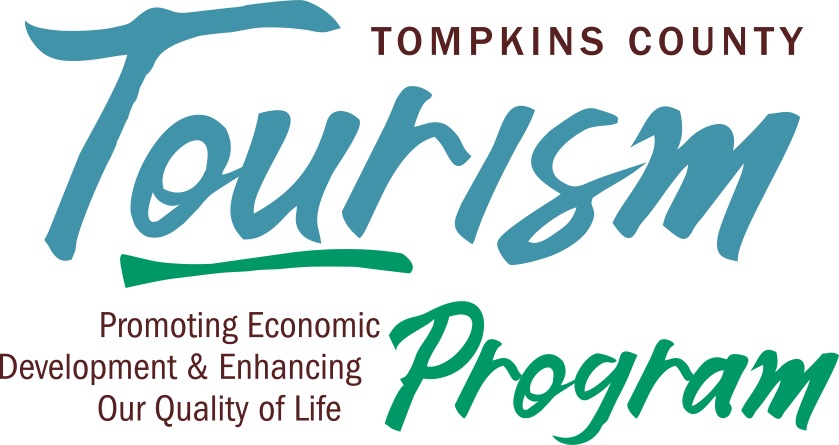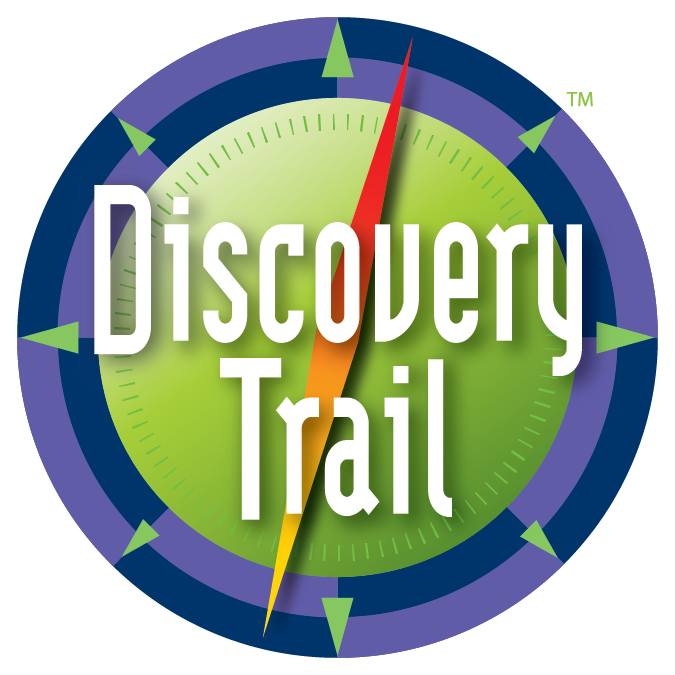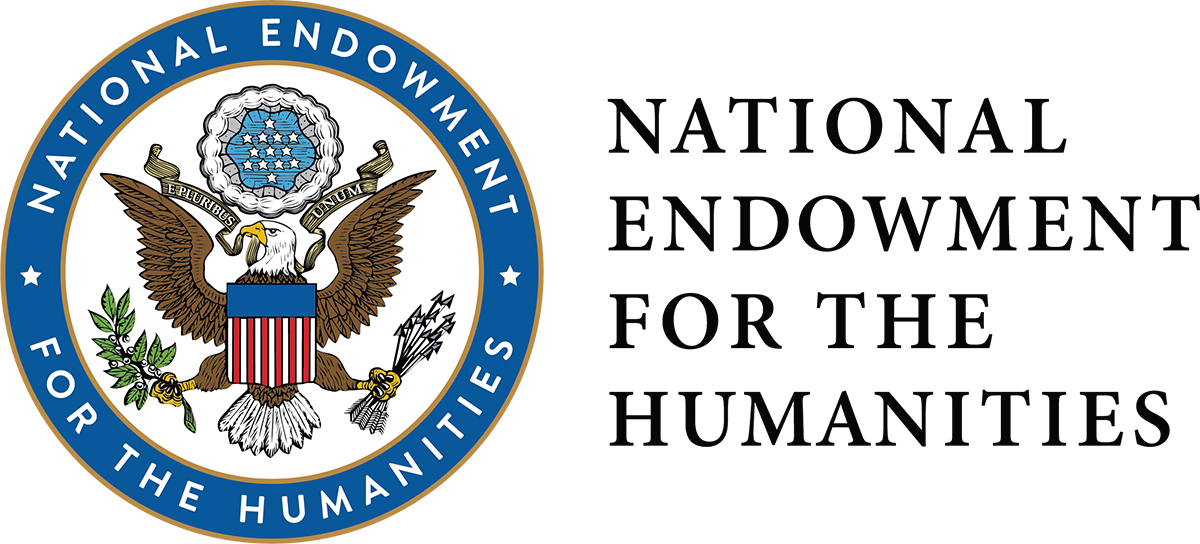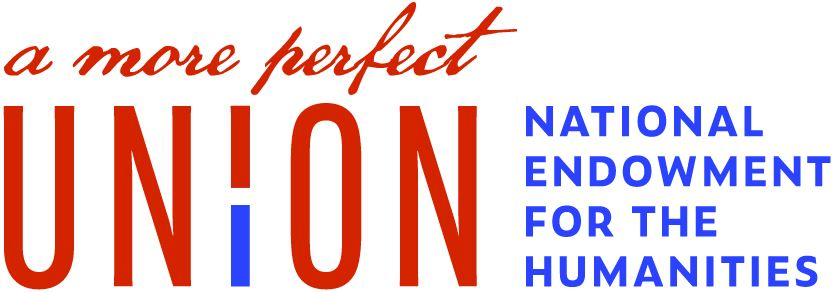THE HISTORY CENTER BLOG
The History Center blog shares research and findings about local history, excerpts from the History Center Archives, information about upcoming exhibits and other opportunities on how to get involved with The History Center in Tompkins County. To learn more or view the archival materials mentioned, visit us in downtown Ithaca, follow us on social media @TompkinsHistory, or subscribe to our monthly newsletter History Happenings.
.png)










